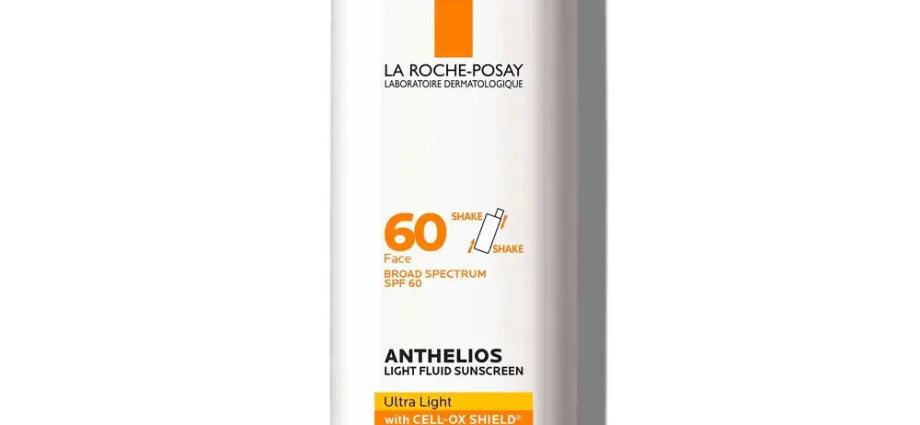Contents
Problematic skin, like any other, needs protection from the sun. But choosing an SPF cream for her is a difficult task, because the formula should not clog pores and provoke acne. We’ll tell you what to do.
Characteristics of problem skin
First you need to adequately assess the condition of the skin and determine whether it is problematic or just oily. Here are the hallmarks of problem skin.
Increased greasiness. It is against the background of hyperactivity of the sebaceous glands that phenomena occur that turn oily skin into problematic. The starting point is the clogging of pores and the formation of sebaceous plugs, which create an ideal environment for the reproduction of bacteria.
Black dots. A large number of open comedones on the nose, as well as on the forehead and cheeks, gives grounds for the diagnosis of “acne”.
Pimples (acne). Multiple inflammatory elements (acne) leave no doubt that we have problem skin that requires special care and careful selection of cosmetics, including sunscreen.
Remember that from oily skin to problem skin is one step away. Incorrectly selected sunscreen can be a trigger for the formation of comedones and acne.
Find out which city sun protection is right for you.
Composition of sunscreen for problematic skin
Be sure to protect problem skin from ultraviolet radiation. Under its influence, clogging of pores and hyperkeratosis (accumulation of horny cells on the surface) increases. This means that the risk of acne increases.
Cosmetics addressed to acne-prone skin usually contain the following ingredients:
sebum-regulating – salicylic and AHA acids;
matting — sulfur, zinc derivatives, perlite;
anti-inflammatory – extracts of gingko biloba, green tea, pumpkin.
When choosing an SPF product for problematic skin, you need to carefully study the composition, and avoid products with comedogenic ingredients that which can cause clogged pores:
mineral oils;
petrolatum;
paraffin;
vegetable oils (coconut, olive, palm);
some acids (stearic, palmetic, oleic).
Owners of problematic skin need to be careful with SPF based on mineral (physical) filters. So, zinc oxide has antiseptic properties and helps fight inflammation, and titanium dioxide in high concentrations, on the contrary, clogs pores.
Types of sunscreen for problem skin
Day cream with SPF
Cream with SPF from solar lines
When choosing a sunscreen for problem skin, remember that its texture should be light (fluid, emulsion), and the SPF index should be as high as possible.
Waterproof cream with SPF
Waterproof products are designed to prevent skin from burning while swimming. After landfall, protection needs to be updated.
“In this case, it is important to know the composition of the formula,” warns Alexander Prokofiev. “Waterproof products tend to have a richer consistency, so they can clog pores, and with repeated use, this risk increases.”
Review of sunscreens for problem skin
Top 3 sunscreens for acne prone skin according to Healthy-Food.
Mattifying Gel Cream Anthelios XL, SPF 50+, La Roche-Posay
Suitable for both oily and problem skin. Provides high protection against burns and photodermatitis, prevention of photoaging and skin neoplasms. Visibly reduces shine, controls sebum production, reduces pores. Contains patented photostable Mexoplex filter system.
Mattifying facial emulsion Capital Idéal Soleil Dry Touch, SPF 30, Vichy
Combines 4 types of filters (including minerals) that protect the skin from damage and sun pigmentation. It has a light texture, absorbs quickly without leaving a greasy sheen. Suitable for oily and problematic skin.
High protection sunscreen with moisturizing action Ultra Facial Defense, SPF 50, SkinCeuticals
The filter system, both chemical and mineral, provides high protection from the sun. The composition contains sulfonic acid, which stimulates cell exfoliation and skin renewal, and alpha-tocopherol with an antioxidant effect. Shea butter protects the hydro-lipid mantle and prevents dehydration of the skin.










